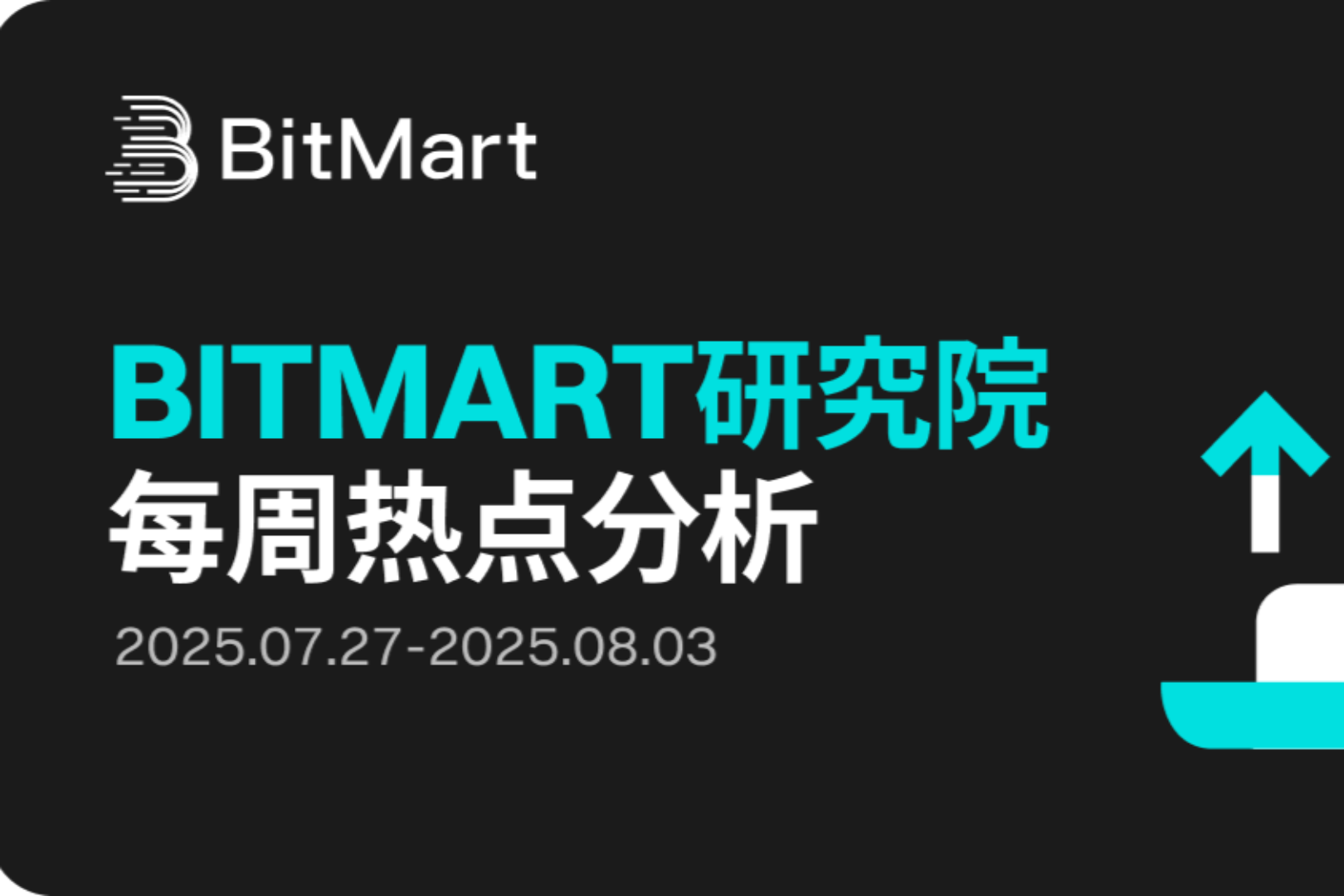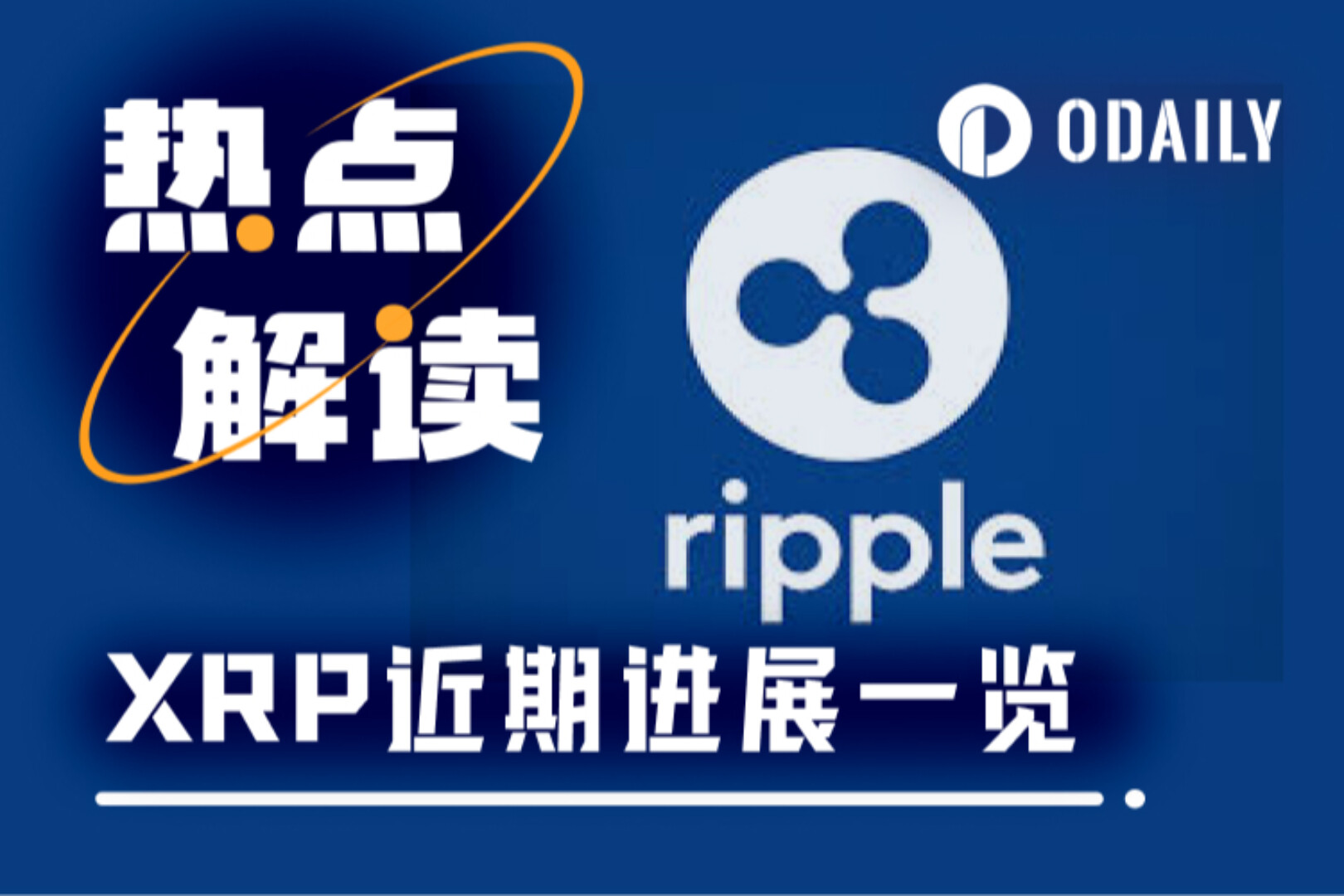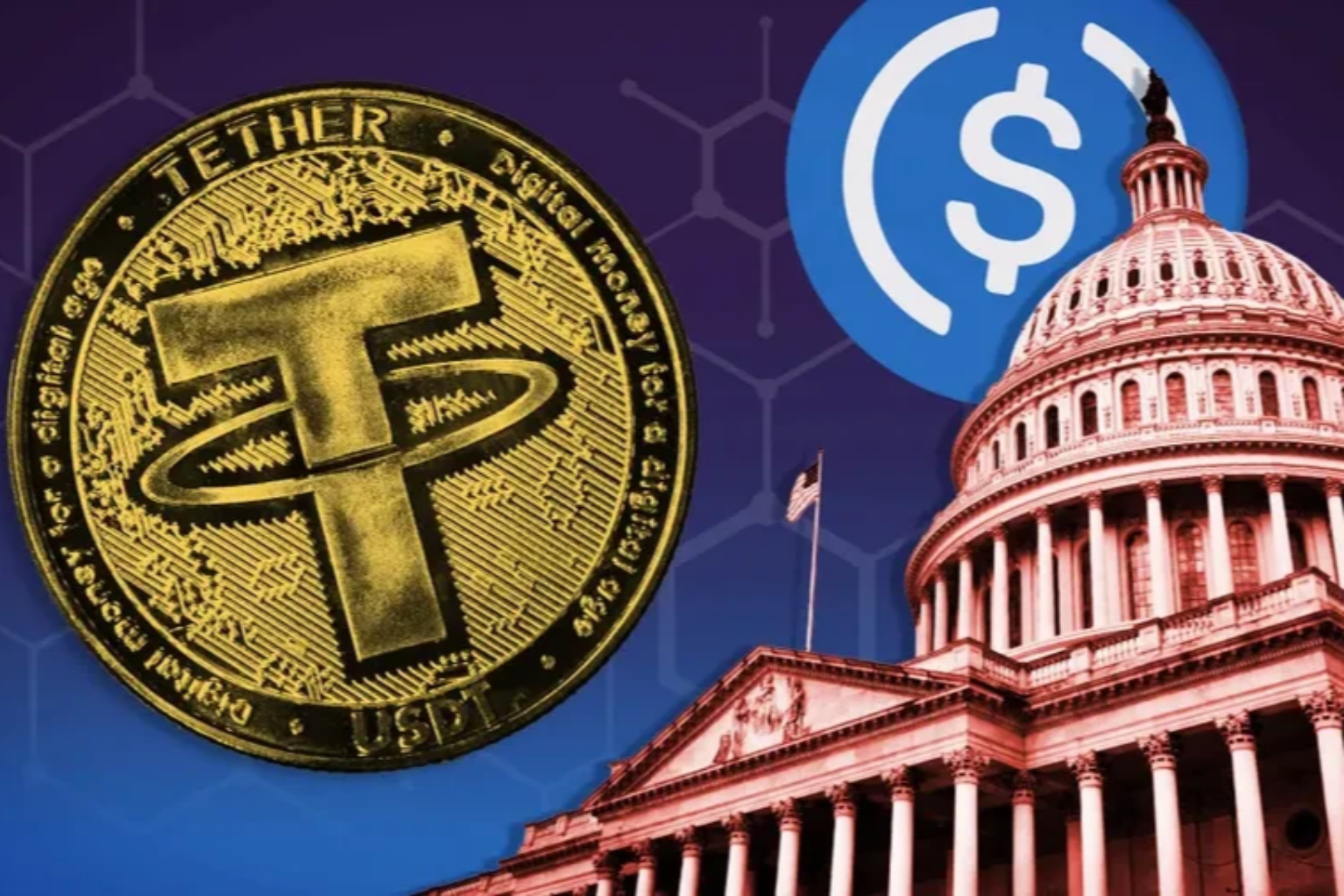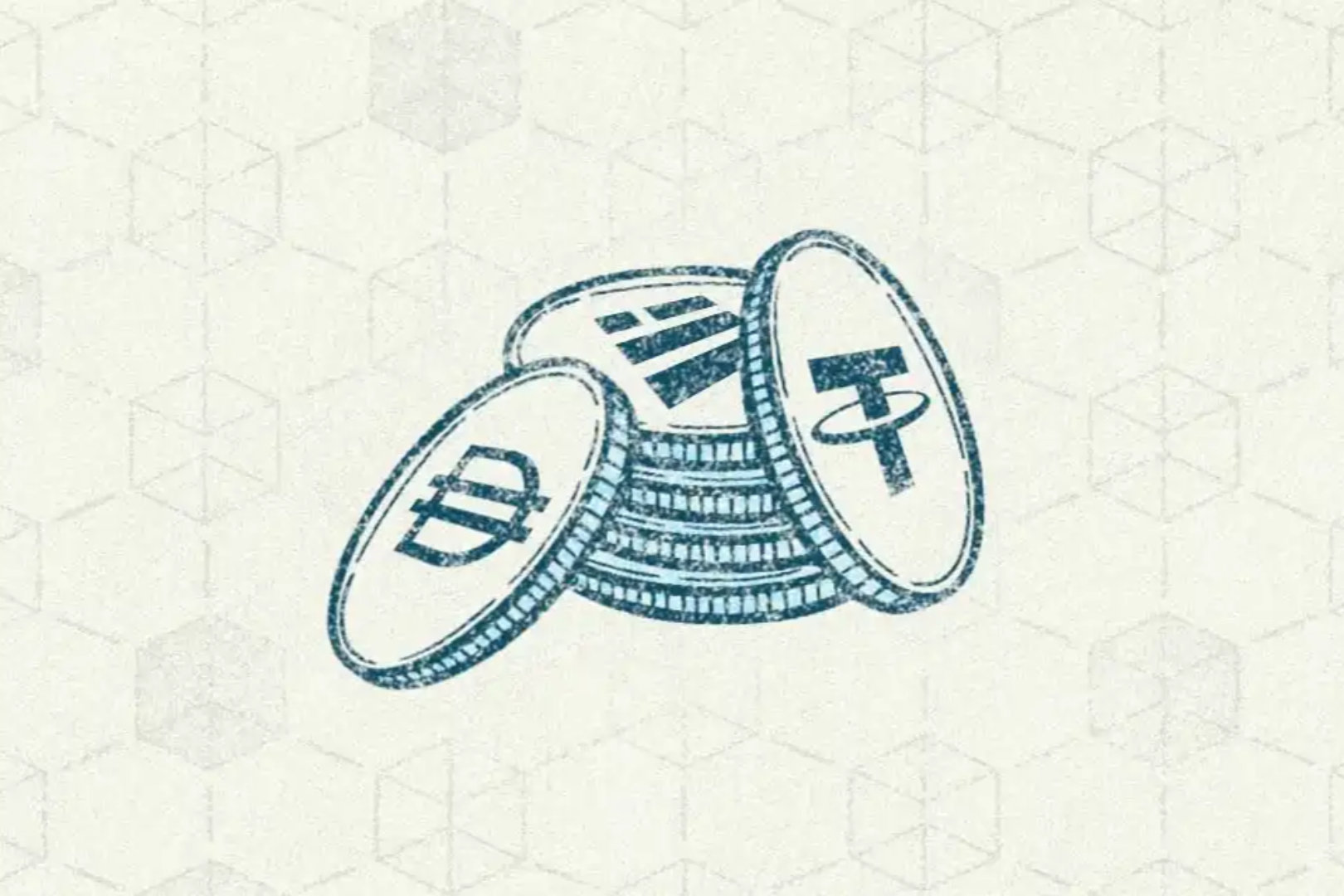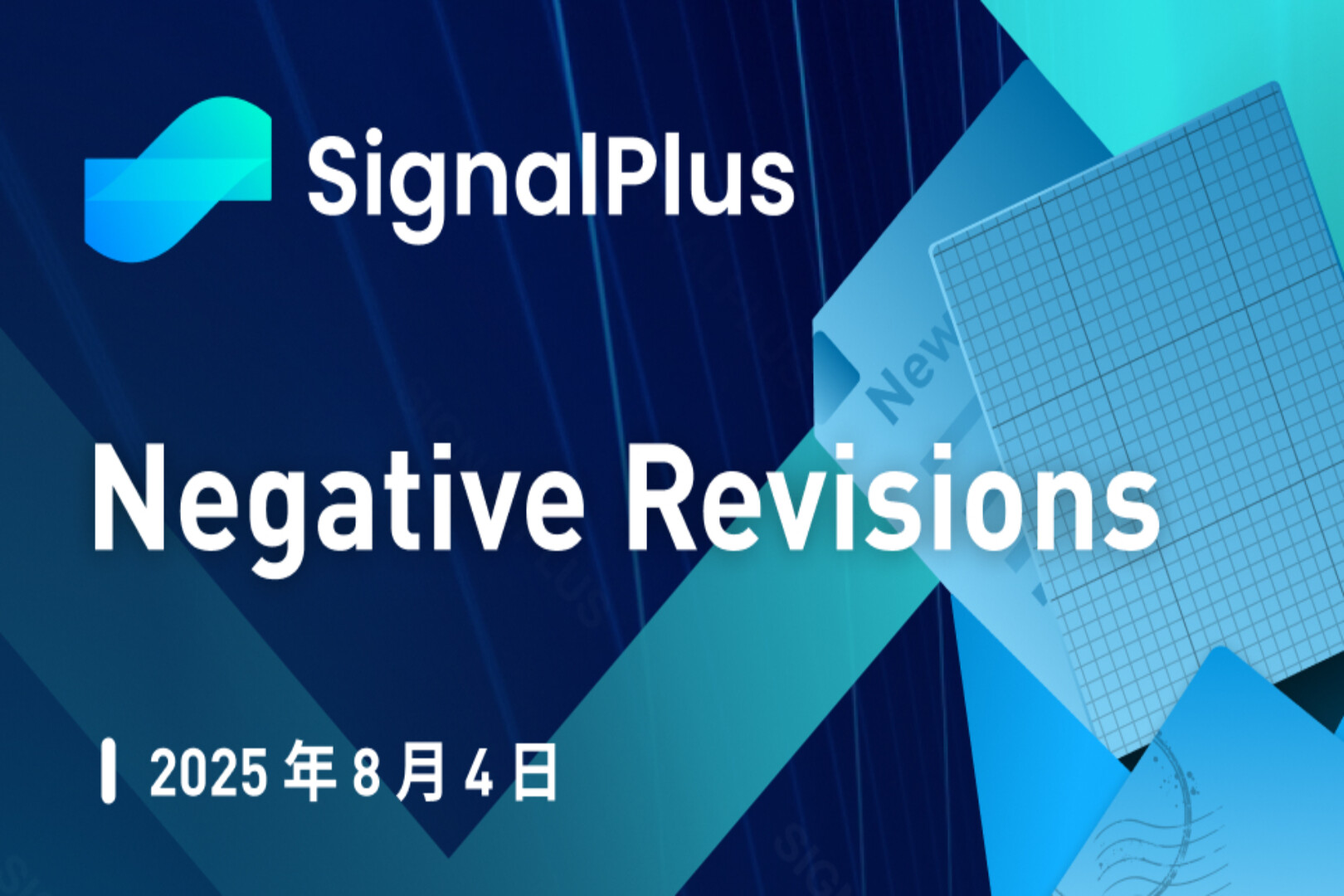
For a long time, overseas social giants have been amazingly persistent in the encryption field.
The latest developments of overseas social media giant Facebook show that it has launched a small pilot of its Novi digital wallet in some regions, aiming to launch its long-planned new use case of using stablecoins as a payment tool.
Facebook has been trying this for a long time. In June last year, Facebook released a digital token called "Libra", planning to provide digital transactions and payment services to billions of potential users, and launched a digital wallet called Calibra for this purpose. . But the project has all but stalled after a series of heated congressional hearings in 2019 amid regulatory pressure.
In May of this year, Facebook renamed the digital wallet "Calibra" to "Novi" for rebranding and platform isolation. By emphasizing the independence of the project, it can adapt to local compliance needs and allow the project to continue to develop.
This month, after Facebook announced the "all in" metaverse, the development of Novi has once again attracted attention, and digital wallets may become the entrance to the metaverse. "With the Novi digital wallet, users can send and receive money instantly, securely and for free," Facebook said.
A more objective analysis believes that by placing a digital wallet in the network system of a large social platform, it may be able to bring about the large-scale adoption of stable currency products related to the social platform, which may bring new user needs and business interests to the market. models and even financial phenomena.
secondary title
The encrypted dream of overseas social giants
In the direction of digital tokens, overseas social giants such as Facebook and Twitter are making frequent moves.
In July, Zuckerberg stated that "I expect people to shift from seeing us primarily as a social media company to seeing us as a metaverse company," adding that "in many ways, the metaverse is the ultimate expression of social art." ". In October, Facebook announced that it will create more than 10,000 jobs in the European Union in the next five years, and plans to change its name, demonstrating its firm confidence in turning to the "Metaverse".
In Facebook's metaverse vision, the key features of the universe are openness and interoperability, and the harmonious cooperation between the company's platform, developers, creators and policy makers to drive further business growth.
This kind of planning is not surprising. In fact, Facebook has frequently moved on this track. In September, Facebook launched a $50 million fund to help build the metaverse; in October, Facebook launched a new $10 million creator fund to incentivize people to experience on its VR platform Horizon Worlds and get more people involved to content creation and contribution.
The use plan of the fund can show part of Facebook's metaverse framework: the fund will be used in three directions in the next year: community competitions, supporting creators, and providing funding for developers to assist it with Epic Games and Roblox Wait for the game giants to compete.
In the generally accepted definition of the basic elements of the metaverse, a complete metaverse includes decentralization, experience layer, discovery layer, spatial computing, distribution, creator economy, human-computer interaction, infrastructure and other parts. As a traditional Internet social giant, Facebook already possesses the excellent genes of the metaverse. In addition, VR (Virtual Reality) and AR (Augmented Reality) have already invested in layout, which has already satisfied multiple parts such as experience, interaction, and facilities.
In the mainstream metaverse platform construction system, blockchain technology is indispensable to unify the above parts into an ecosystem. Blockchain technology with strong financial attributes can cover almost all the above elements and is indispensable in building an economic system. Therefore, Novi's digital wallet may be one of the most important puzzles in Facebook's metaverse.
In the official introduction, the main role of Novi is to provide users with inclusive financial services, which can easily add, send, receive or withdraw funds without hidden charges. In the Novi Wallet, Facebook also designed a mechanism similar to the stable currency. However, because the Diem it launched has not yet been supported by regulators, in the test, the stable currency Paxos Dollar was used, which is similar to the setup of the encrypted wallet.
Facebook has more than 3 billion users, and its vision of the metaverse is enough to keep the entire market on the lookout.
In addition, social giants have also noticed the opportunities that NFT may bring to the social field. In August, Facebook said that it is considering building NFT-related products and functions. The Novi wallet can be used to store NFT, so that the infrastructure of the Metaverse has been improved.
Of course, during the same period, other overseas social giants were also following up. Twitter is arguably one of the fastest growing giants.
Some time ago, Twitter, another overseas social giant, just updated the evolution history of "tipping".
In September, Twitter launched a Bitcoin tip payment function based on the Lightning Network, which is currently available to IOS users. Twitter has two ideas for bitcoin payments: The first, through a menu of payment options including Square Cash App and Go Fund Me, will allow users to send tips to bitcoin addresses or send money traditionally. The other is through Strike, directly using payment applications built on top of the Lightning Network.
Twitter has more clearly grasped the application direction of the "large social platform". In the latest beta version, Twitter is extending this payment function, allowing users to use Bitcoin to "reward" content creators and increase community interaction. In addition, Twitter is still conducting initial market education, such as telling users what is the Bitcoin Lightning Network (Bitcoin Lightning Network), what are custodial and non-custodial wallets, and how to use Strike, Blue Wallet, and Wallet of Satoshi as examples of custodial wallets ,etc. At the same time, the platform supports the use of Strike to generate Bitcoin Lightning Network invoices, so that the tipping function can be carried out better.
Twitter's Bitcoin tip also emphasizes community attributes and responds quickly to the expansion of NFT. After the launch of the tipping wallet, Twitter also proposed a plan to “explore NFT for identity verification” during the same period. Twitter has officially released the idea of "Twitter NFT". Similar to other NFT product ideas, Twitter allows users to connect their Bitcoin wallets to track and display their NFT ownership on the platform. The NFT also has a strong social color. The official stated that “Twitter NFT” can appear in the form of badges and can be used by verified users.
Twitter’s preference for NFTs is more traceable. At the end of June, Twitter released a series of NFTs called “The 140 Collection”. The trading volume of these 140 NFTs on OpenSea has exceeded 5 million US dollars. For traditional institutions, it has A certain revelation.
In addition, traditional Internet giants also have other ways of combining blockchains. The giant Microsoft recently announced to join the "Decentralized Identifier" (DID) track. Microsoft's idea is to use blockchain-based technologies, such as Bitcoin and Ethereum, to apply distributed ID verification to Microsoft's identity verification application (DID). Unlike traditional identification, distributed identification will not be controlled by a centralized institution. Some analysts believe that relying on the original resource advantages of the Internet, the DID protocol may become a strong competitor of the DID track.
American multinational entertainment giant AMC is so enthusiastic about the blockchain that the company even hopes to directly issue tokens within its own system. AMC CEO Adam Aron recently stated that AMC is exploring feasible ways to successfully issue tokens.
The company has long been optimistic about digital assets. As early as two months ago, the company had plans to accept Bitcoin as payment for movie tickets before the end of this year and improve related infrastructure. Subsequently, the company plans to add ETH, LTC, BCH, DOGE, etc. in encrypted payment, and the use of these tokens may also give users certain discounts.
secondary title
Some problems, progress, and summary
Under the relentless pursuit of overseas social giants, the development of "traditional social giants + blockchain" has improved. However, due to the wide range of users involved, these giants also face some difficulties.
Despite Facebook's attempts to maintain independence from Diem, US senators are calling on Facebook to stop launching Diem and Novi and try to prevent Diem from being brought to market. The main reason is that senators still have doubts about Facebook's data management, believing that it is difficult to be trusted in protecting user data or managing payment networks, and that the launch of the platform's stable currency may pose risks to financial stability. And this cover attitude has existed for a long time after Libra, and it may still be difficult to solve these problems in the short term.
Taking AMC again as an example, this entertainment giant may also face long-term compliance problems. In the United States, it is not an easy task for listed companies to issue tokens. Recently, the US regulatory authorities have continued to increase their scrutiny on the issuance of tokens, and the future of this attempt is still unclear.
On the other hand, some third-party organizations have seen the flow of social giants and are trying to make up for this demand. Many third-party service agencies with more complete blockchain products are launching similar products to meet the needs of encrypted users on traditional Internet social platforms.
These creative use cases are increasing: In mid-October, the metaverse game CryptoVoxels is a virtual world built on Ethereum. Its official plans recently opened portals on Twitter, Facebook, etc., so that users can directly enter. Recently, a third-party plug-in also proposed the NFT avatar function. After the user connects to the wallet, the user can also directly set the NFT held in the wallet as the avatar in the Twitter personal setting interface, and obtain the relevant on-chain certification.
In any case, the traditional Internet giants have a huge number of users. Once connected to the encrypted world, it will have a huge impact on financial services and digital assets. This field deserves long-term attention.

